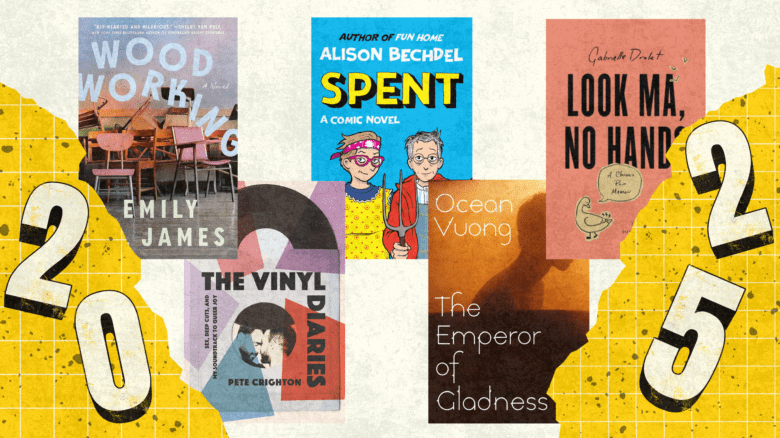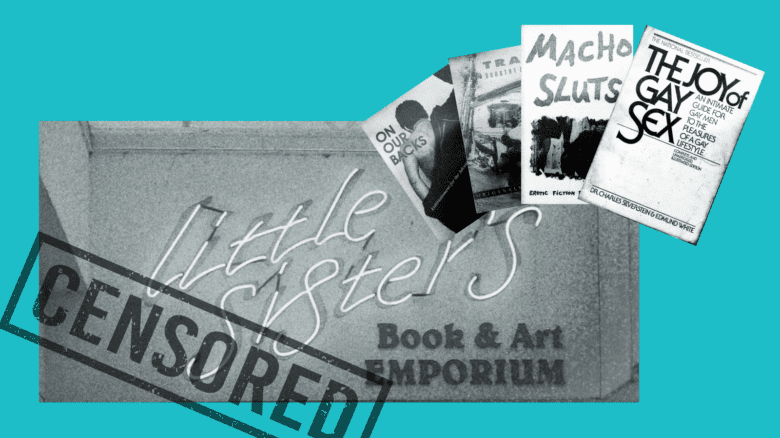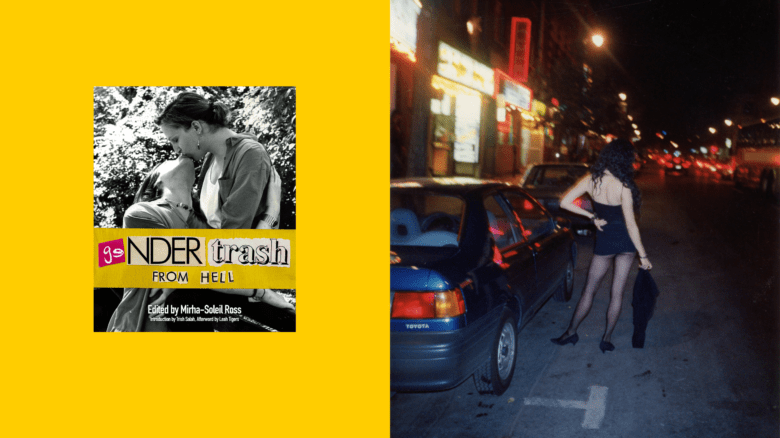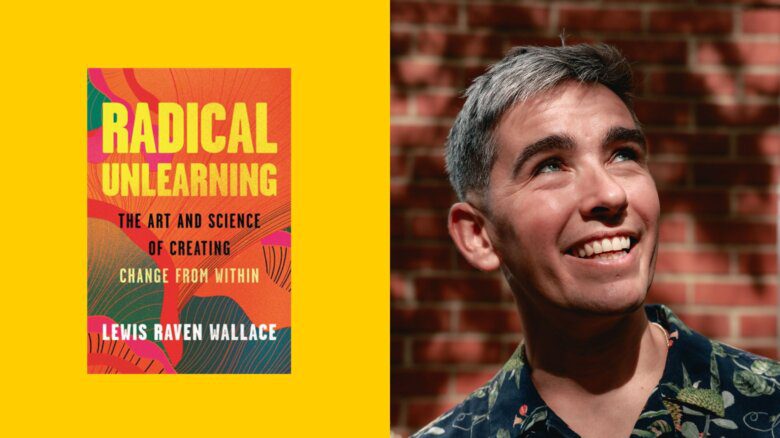For many queer and trans people, libraries and the books they contain are a haven. These spaces can be a crucial safe space to let our minds explore possibility and fantasy, to learn about queerness and our place within its history and future, to learn we aren’t alone and to validate these feelings of attraction and affection and the subsequent worries of isolation and rejection that bubble up stronger every day.
Now, as conservatives continue to target queer and trans people through methods ranging from legislation and to outright violence, libraries have become a particular target. Parents, local politicians and activists have waged national efforts to bar schools and publicly funded libraries from stocking materials with even the tamest LGBTQ2S+ themes.
In response to these anti-queer efforts, librarians, scholars and everyday people are standing up to attempts to censor or outright erase our culture and history. Even young children have taken up the fight. The result? New LGBTQ2S+ libraries are popping up across the continent to fill that void and to fight back against anti-LGBTQ2S+ censorship.
Queer libraries have existed for decades: Out On the Shelves in Vancouver, B.C.; the Quatrefoil Library in Minneapolis, Minnesota; the Gerber/Hart Library and Archives in Chicago, Illinois; and the Lavender Library, Archives, and Cultural Exchange (known as LLACE) in Sacramento, California, among others, have served LGBTQ2S+ communities for over 30 years. But queer libraries in our current political climate have to contend with both familiar and unique efforts to erase our history and our art, particularly with respect to how the internet can amplify these efforts.
For example, the volunteers behind the independently run Queer Liberation Library (QLL), which is entirely virtual, are using their skills and expertise to create resources outside of the brick-and-mortar, government-funded libraries that have increasingly become battlegrounds for anti-LGBTQ2S+ policymaking. Members of QLL’s steering committee are based in Michigan, California, New Jersey, Ohio and New York. They say the library was specifically founded to be accessible all across the U.S., even in places where access to books with LGBTQ2S+ themes is limited.
According to a September 2022 report by PEN America, there were more than 2,500 bans, affecting more than 1,600 books from July 2021 to June 2022, with almost half of those books targeted specifically for LGBTQ2S+ themes or characters. The banned books include: Gender Queer: A Memoir by Maia Kobabe, All Boys Aren’t Blue: A Memoir Manifesto by George M. Johnson and This Book Is Gay by Juno Dawson.
PEN America also reported this past April that during the first half of the 2022–2023 school year, there were nearly 1,500 instances of individual books banned, which affected almost 900 books.
The challenges coincide with an effort by conservative school boards, parents and other far-right activists to block teachers from educating students on a number of subjects, including racial equity, LGBTQ2S+ history and other social justice issues.
“We can see very much how the government can be fickle in what they decide is or is not protected,” says Kieran Hickey, founder of the QLL and member of its steering committee. “We’re seeing sort of this cyclical repetition. A lot of people are talking about how it reminds them of ’70s homophobia, but now it’s new 2023 transphobia.”
To protect patrons from having to deal with scrutiny as they browse the stacks or check out books, the Queer Liberation Library aims to bring the library to patrons themselves.
The volunteers behind QLL, many of whom work in libraries professionally as well, are building a collection specifically to circumvent those challenges and to fill a void they see in the LGBTQ2S+ library space—namely that many are physical, rather than digital, spaces.
But working digitally comes with its own hurdles as well—particularly when serving a population with unique security concerns. While one might expect privacy around a computer, that might not be the case for everyone, especially young people who may not have access to their own computer or private time in which to research and read. To tackle issues of digital security and privacy, the QLL website boasts a banner that with a single click will redirect the page to weather.com in case users are wary of watchful eyes around them while they browse online.
The QLL isn’t only a response to anti-LGBTQ2S legislation. Its mission is driven both by our current moment and the capability the technology now offers to create such a library.
Steering committee member Erik Lundstrom says the group is taking advantage of the proliferation of technology that large institutions like universities have typically utilized to build digital libraries.
“We now are in a place where we can build a digital library with the support of existing companies that take a lot of the technical headache of building this kind of digital space, so the ease of access right now is awesome,” Lundstrom says.
“We have the geographic considerations of the political environment, but also we’re kind of at a point where this is the first time we can really focus and build a 100 percent digital library,” they say.
The Queer Liberation Library recently closed a donation drive that exceeded its $15,000 goal seeking to fund its operations, including an inaugural collection to debut later this year.
While digital libraries like QLL are a lifeline to queer and trans people who may want to browse away from prying eyes, some activists are focusing their efforts on building a safe, affirming physical space, namely in communities where that space is limited—if it exists at all.
Eric Cervini, an award-winning author and scholar of early 20th-century queer activism, is aiming to build that physical presence across states where book bans are the most restrictive.
Through a touring, rainbow-painted bus aptly named the Rainbow Book Bus, Cervini and actor Adam Powell plan to host LGBTQ2S+-focused book fairs that pay homage to the Scholastic Book Fairs of yesteryear and the excitement they inspired in many a young reader.
“When you walk into a book fair, surrounded by books that are always going to be your friends, that joy is so life-affirming because it tells you that there’s a world outside of whatever trauma that you’re experiencing day to day,” Cervini says.
The bus debuted at Los Angeles Pride in June and will begin a residency in the city before it embarks on a to-be-announced tour of cities and towns, Cervini says.
Cervini and Powell also launched online bookstore ShopQueer.co in October 2022 to highlight and split profits with queer authors and to host a handful of book clubs showcasing their work.
Cervini knows first-hand the unique challenges that can come with being a queer author tackling queer subjects. His own 2020 book, The Deviant’s War: The Homosexual vs. the United States of America, details pre-Stonewall gay activism, mainly focusing on the work of the Mattachine Society of Washington and its founder Frank Kameny as they fought back against anti-gay discrimination of federal employees. The book was a finalist for the 2021 Pulitzer Prize in History.
“I don’t think it’s a surprise that the far-right are attacking libraries, because they’re so frightened by this new generation—20 percent of Gen Z identifying as LGBTQ+—and they know that books are such a powerful part of identity formation,” Cervini says.
“I think so many people live and grow up in unsafe spaces, but libraries, especially queer libraries, are by definition a safe space.”
“I think if we can make one kid’s day, by bringing them into a really magical queer book fair and have that same feeling or provoke that same feeling that the Scholastic Book Fairs did, but also while reaffirming their identity and that their place in the queer community, then our job is done.”
With the Rainbow Book Bus, Cervini says he and Powell are also working with their non-profit partner wayOUT, which raises money for LGBTQ2S+ youth-focused community centres around the United States, and its network of centres across the country to help plan their itinerary—with a goal of giving away 10,000 books and $100,000 in funds to centres, activists and organizers fighting from queer and trans liberation in the South.
“I think if we can make one kid’s day, by bringing them into a really magical queer book fair and have that same feeling or provoke that same feeling that the Scholastic Book Fairs did, but also while reaffirming their identity and that their place in the queer community, then our job is done,” Cervini says.
But everyday queer folks’ activism can be just as powerful at home, sometimes even right outside their front door. In Asheville, an organizer is seeking just a few hundred dollars to create a “living” queer library in the city focusing on queer spirituality.
And for Waltham, Massachusetts, couple Katie Cohen and Krysta Petrie, their activism started as a small, simple library outside of their home—one that wasn’t even originally intended to be filled with solely queer and trans books. But when they noticed the popularity of the queer titles they stocked in the makeshift library, they pivoted to create the Little Queer Library that they’ve become known for.
They are the perfect image of the quiet power of representation: in a small town, all it can take is one small box of books to make a difference. But they also illustrate the very real and sometimes personal trade-offs that can come with visibility—particularly in conservative communities where anti-LGBTQ2S+ rhetoric proliferates.
“We’ve been dealing with a lot more attention because the politics have focused on what the type of thing that we’re doing,” Cohen says. “But it’s also been able to help us do a lot more and do a lot more good with getting those stories out there.”
The couple says their library has been ransacked multiple times by people clearing out the queer books for children and young adults—at first under the cover of nightfall, then more brazenly during the day. In another instance, a man not only cleared out what the Petrie says were thousands of dollars’ worth of books, but also repeatedly sent the couple threatening messages, and left a similarly threatening letter in the library itself.
“Especially since the library is right outside our house, and our house is pretty visibly queer— we have a rainbow painted front door, a big rainbow flag outside—so, because of that, it’s made us feel really uncomfortable in a lot of ways,” Cohen says.
Petrie says the thefts made her particularly paranoid, and forced the couple to close the library for a few months, which she says didn’t go unnoticed by supporters in the community.
“We just wanted to make sure we were safe and everybody else was safe,” Petrie says. “We had a lot of people reaching out, asking if we were going to open back up and everything like that. And it’s been nice.”
Now that the library is back open, Petrie says she finds herself keeping an eye on the library more than usual, adding that they have severely pared down the number of books they keep in the library.
“We used to fill it choked to the brim, and now we leave it two-thirds empty all the time,” Petrie says. “Just in case someone takes the books, they’ll take fewer books”
But the support they’ve received following instances of violence and harassment, the couple says, can’t go ignored either.
Thanks to the library, and the attention and news coverage the initial vandalism received, Cohen says they’ve been able to fundraise and provide books with positive LGBTQ2S to Waltham elementary and middle schools as well as to communities outside of Waltham that are facing restrictive book bans. Cohen says they’ve mostly sent books through a network of other lending libraries as a way to get around restrictions, but have also sent books to schools and libraries that have reached out to them, as well as to organizations like Foundation 451, which work to fight book bans.
And sometimes the impact is less tangible than money fundraised or books donated. Sometimes it’s seeing someone’s life change for the better.
Cohen recalls a conversation last year at Waltham Pride with the worried mother of a young trans man who had just come out. Cohen says she was supportive, but naturally worried about him feeling alone or without resources. Cohen says the woman left after a long conversation with a collection of handbooks and other materials on topics like trans identity—for free, thanks to donations given to the library.
And at this year’s Waltham Pride, the woman returned to the Little Queer Library’s table to share how much better her son was doing thanks in large part to the resources she was given at last year’s festivities.
“I think that’s part of the reason as well is that it’s not just the books and the stories and getting them out there,” Cohen says. “It’s also the people behind that, and how that can impact their life going forward. And just having that human connection between somebody who walks a similar path to you.”
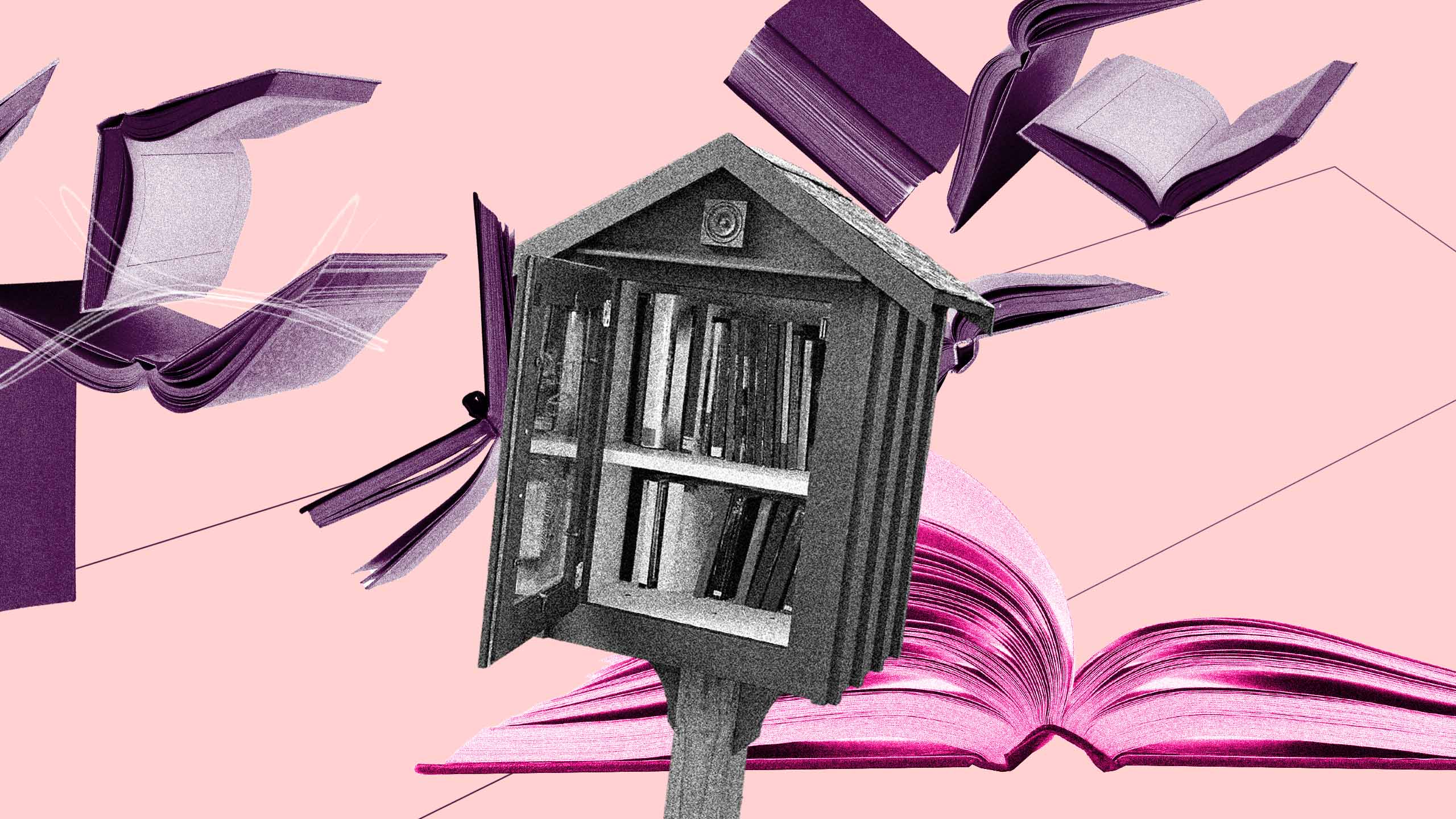

 Why you can trust Xtra
Why you can trust Xtra